Kitten & Cat Vaccinations Brisbane
Ensure that your feline friend is up-to-date with their full set of kitten & cat vaccinations with our Brisbane vets.
Kitten & Cat Vaccinations Brisbane
Preventative Care For Kittens & Cats
We understand that your feline companion means the world to you. At The House Call Vet, we offer effective and reliable cat and kitten vaccinations – all from the comfort of your own home or our in-clinic vet locations in Brisbane.
Our experienced veterinarians are dedicated to the health and well-being of your pet, using their expertise to administer vaccinations that can keep your cat or kitten safe from serious infectious illnesses and life-threatening diseases.
With our range of preventive care services, you can rest easy knowing that your cat is getting the best possible care. Book an appointment with us today and give your cat the gift of health!
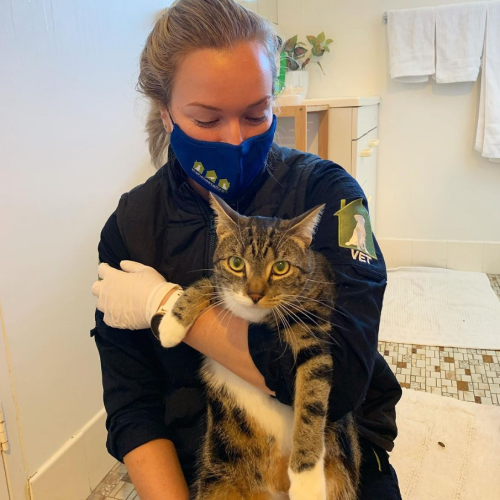
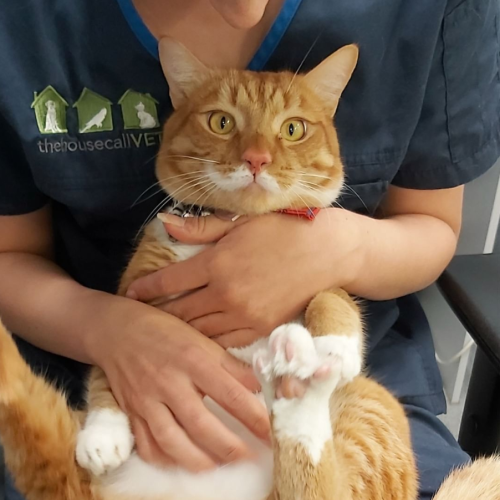
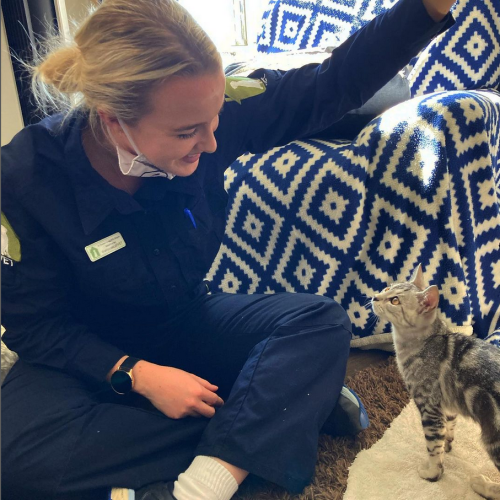
Why You Need Kitten & Cat Vaccinations
How To Ensure Your Cats Health
Your cat’s curiosity and love for exploration can put them at risk of contracting dangerous diseases, even as a kitten! With preventative and annual cat vaccines, you can safeguard your feline friend’s health and well-being.
- Vaccines protect against contagious and preventable diseases.
- Cat vaccines can help to reduce the spread of disease in the cat population.
- Preventative care is more cost-efficient than treating illness
- Peace of mind knowing that your pet is protected
Trust us to provide the best preventive care for your feline companion. Book your next checkup and vaccination appointment today!
Testimonials
What Our Clients Have To Say!
Core & Non-Core Cat Vaccinations
Safeguarding Your Cat's Health
Vaccines help the immune system to build defences against contagious diseases. That’s why it’s important to make sure your cat is up-to-date on their vaccination schedule. There are many different cat vaccinations and injections, that protect against a range of different illnesses.
With so many different vaccinations, it can be confusing to know which vaccinations kittens and cats need and which ones are optional and based on their lifestyle and environment. With years of experience, our experienced veterinarians will recommend an individualised vaccine routine based on your cat’s age, lifestyle, and overall health. Here’s a general vaccination schedule that we recommend:
Your Cat & Kitten Vaccine Schedule
8 Weeks of Age
First vaccination to help build immunity and protect against common , infectious diseases.
12 Weeks of Age
The second vaccination is given as a booster.
16 Weeks of Age
Third and final vaccination to provide lasting immunity.
Annual Cat Vaccinations
After the primary vaccinations, we recommend annual boosters to maintain your cat's immunity.
What Do Core Vaccinations Protect Against?
There are three primary vaccinations recommended for cats, called F3 vaccinations. This vaccination is most commonly known as the core vaccine and is recommended for all cats. All cats in Australia need to receive the CORE F3 vaccination to ensure they are fully protected and remain healthy.
Feline Panleukopaenia
This virus can be highly contagious and often fatal. If a cat falls ill the signs will include high fever, depression and anorexia.
Feline Rhinotracheitis Virus
This is an infectious disease caused by feline herpesvirus type-1. The symptoms show up in fever, sneezing, conjunctivitis, swelling of the lining of the nose (which is known as rhinitis) and frequently salivation.
Feline Calicivirus
This is a virus that is a cause of upper respiratory infections and oral disease. The symptoms with start as cold-like symptoms that worsen.
Does Your Cat Need Non-Core Cat Vaccinations?
Non-core vaccines are optional vaccination and are based on the risk of exposure to certain diseases in your cat’s environment.
FeLV Vaccine
This is generally recommended by some veterinarians for all cats. The decision is your choice and should be discussed with your vet. Vaccination can begin at eight to twelve weeks of age and requires a booster vaccine repeated three to four weeks later.
Chlamydophilia Felis Vaccine
This vaccination is reserved for cats at high risk for disease. Cats being vaccinated should receive a test prior to vaccination. Vaccination can begin at 8 weeks of age and should be bolstered at two- to three-week intervals for a total of three initial vaccines.
FIV Vaccination
This vaccine is only used in multi-cat environments where the infection is already has a prior existence in the community. The vaccine can be administered at 9 weeks of age or older, when needed, and should be bolstered three to four weeks later.
Learn More About Cat Vaccinations Brisbane
Frequently Asked Questions
Learn more about the importance of vaccinating your cats. Have another question? Get in touch with The House Call Vet today and our team of experts can assist.
What vaccines does my catreally need?
Keeping your cat’s vaccinations up-to-date is crucial for a healthy lifestyle and proper development. The World Small Animal Veterinary Association (WSAVA) recommend that every cat and kitten must receive core vaccines to prevent widespread life-threatening diseases.
At The House Call Vet we can discuss the best vaccination schedule and types of vaccines to ensure your cat is protected.
How often should my cats be vaccinated?
The waiting period between each vaccine will depend on the age of your ca and kitten.
For adult cats, it is common practice in Australia to have them vaccinated every twelve months. However, new research has shown that some cat vaccinations can be effective for more than a year.
For younger cats and kittens, their vaccination schedule will usually include three vaccinations in a period over six months.
What happens if my cat or kitten misses a vaccine?
This depends on how old your cat was when they received their last vaccine. For young kittens who are more than 2 weeks late for their vaccination, their immune system will no longer be as active which means that the following vaccination will be less effective. However, if too much time has elapsed between vaccinations, our vets may discuss restarting the vaccination course.
What is the youngest age I can vaccinate my cat?
For the treatment to work as effectively as possible, your kitten should not be younger than six weeks when they start receiving their first vaccine.
Comprehensive Vet Services

Vaccinations
Vaccinations are essential for protecting your best friend’s health from dangerous and potentially fatal diseases.
Learn More

After Hours Vet
Open 7am to 12am, our after hours service provides in-home care for pets that do not require in-hospital emergency care.
Learn More

Day Service
All THCV clinics offer a comprehensive array of the best veterinary services that ensures your pet receives the best vet care possible.
Learn More

Mobile Vet
Trips to the Vet can be extremely stressful. Say goodbye to painful vet trips and book your next appointment in the comfort of your own home!
Learn More

Desexing
Prevent unwanted pregnancies in female pets with professional desexing services. Book your companion's desexing apoitment today.
Book Now

Dentistry
Prevent dental disease The House Call Vet. We offer a range of expert dental services to keep your and your companion smiling!
Book Now
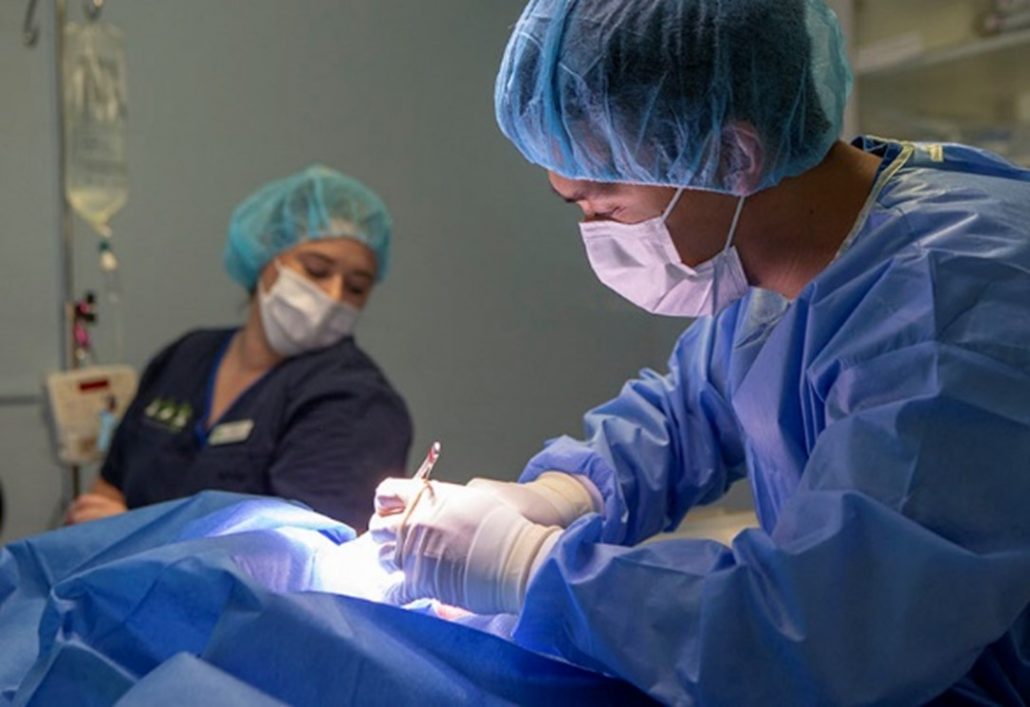
Surgical Procedures
Utilising the best team and equipment, our clinics offer an extensive range of routine and emergency surgical procedures.
Learn More

Emergency Vet
We are a team of dedicated, experienced individuals who specialise in the treatment of animals requiring emergency vet care.
Learn More
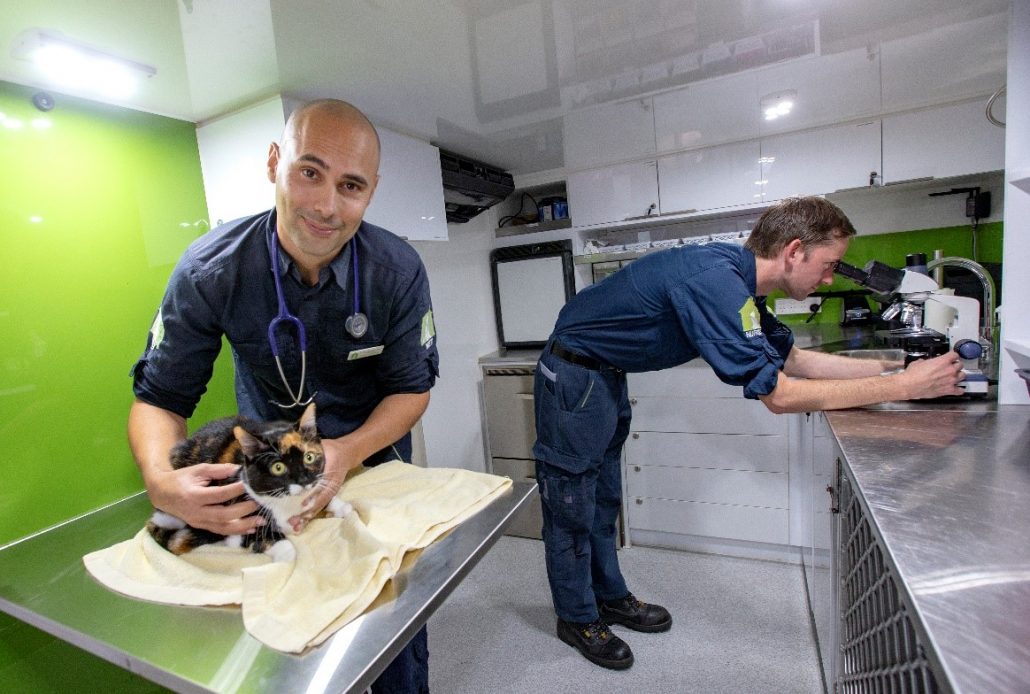
X-Ray & Radiology
The House Call Vet are equipped with high-quality radiology equipment, ensuring we provide accurate diagnosis and care.
Learn More
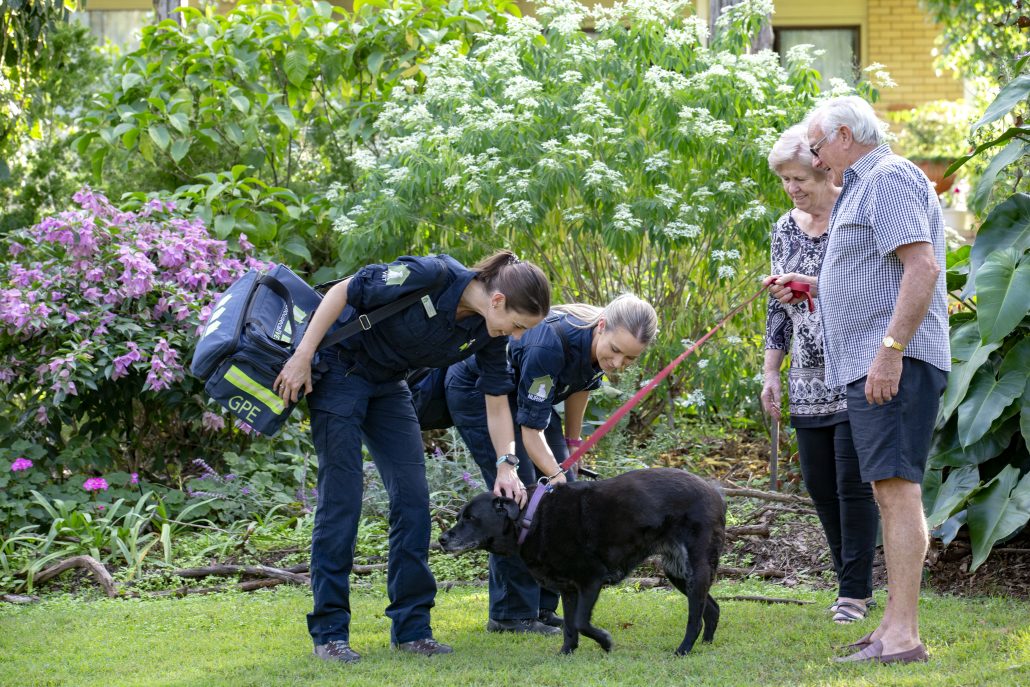
Routine Check-ups
At The House Call Vet, we are a caring team of Vets and Nurses who practice the highest possible standard of care for your pets.
Book Now

Diet Recommendations
From food sensitivities to excess weight, there are a number of reasons your furry companion may need a special diet.
Learn More

De-worming
Dogs and cats can become infected with a range of parasites. We are your partners in protecting your pets from harmful parasites.
Learn More

Palliative Care & Euthanisation
When life has become too painful or difficult, we offer timely, sensitive palliative care and euthanasia services.
Learn More
The House Call Vet Blog
Keep Up To Date With The Latest In Pet Care

What Is Wobbler Syndrome In Dogs
Wobbler Syndrome is a neurological disorder affecting the spine in the neck region of large-breed dogs, causing a characteristic “wobbly” gait. In this post, we explore the signs, causes, and treatment options available to manage this challenging condition.

Is Your Pet Pregnant? What To Know
Is Your Pet Pregnant? In our post we explore everything you need to know about pregnancy in pets. From signs to how to prepare, we’ve got your questions covered!

Eye Infections In Dogs: Signs Symptoms & Treatment
Suspect your pooch has an eye infection? Learn everything you need to know about eye infections in dogs. From causes and treatments to tips on preventing future issues, we cover it all.

